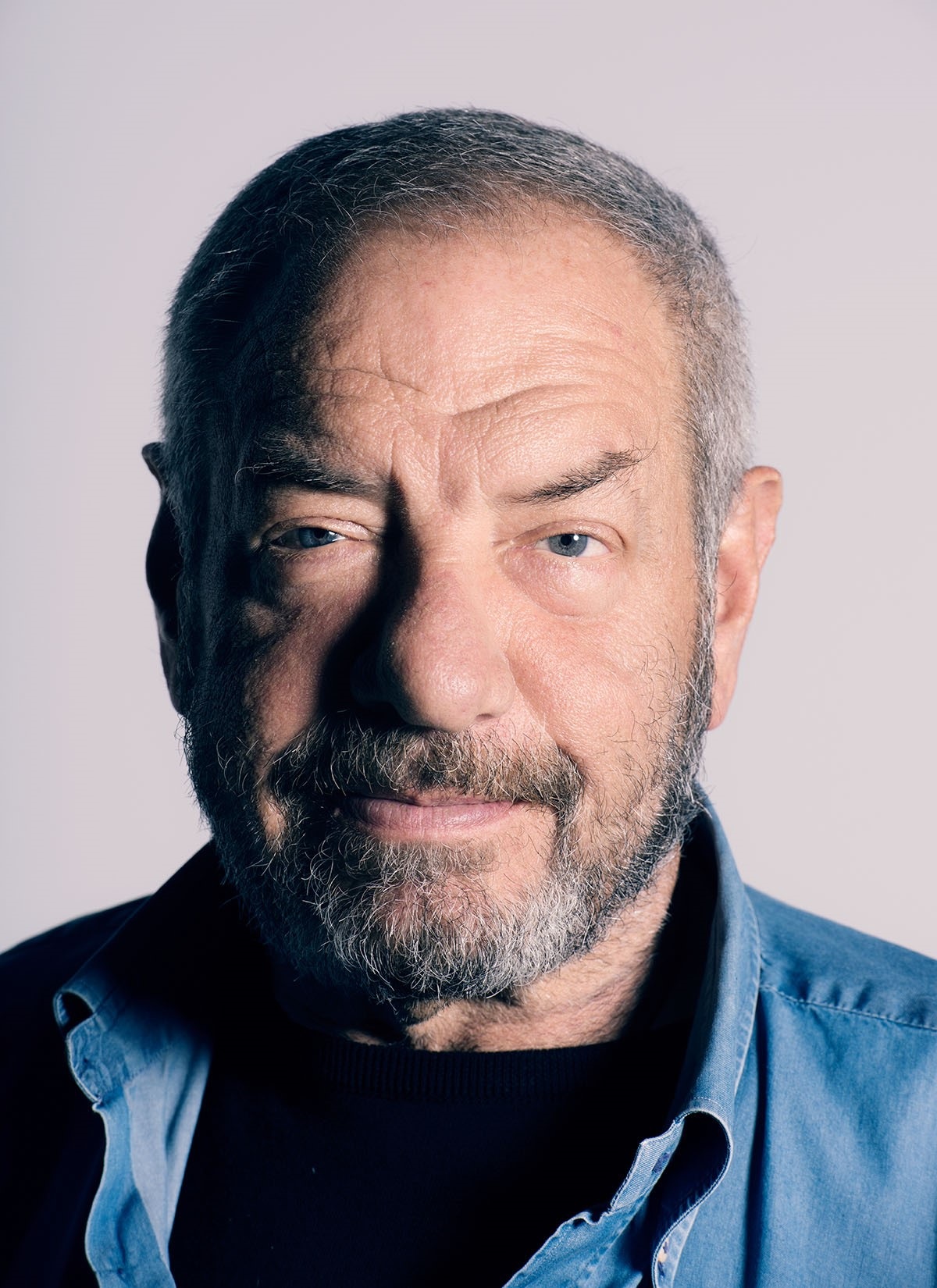
Dick Wolf, C’69, PAR’15
Wednesday, February 15, 2017
By Elizabeth Pokempner
The Penn Humanities Forum (PHF) is enjoying wide new horizons thanks to a gift from Noelle and Dick Wolf, C’69, PAR’15. The gift will endow and make permanent the PHF, enabling the already renowned program to continue to bring the humanities into conversation with a diverse and expanding array of disciplines and with people from Penn and the Philadelphia community.
“It is often said that the humanities are shrinking,” said James English, John Welsh Centennial Professor of English and PHF director. “But today, exactly the opposite is true: They are expanding, becoming ever more vital participants in many fields, from sustainability studies to the health sciences.”
“We are delighted to support Penn’s thriving humanities center and help it extend its reach across disciplines and communities,” said Dick Wolf. In honor of this gift, the program will be renamed the Wolf Humanities Center.
The endowment will provide a perpetual source of funding for the PHF, a major part of whose programming was previously supported by grants from the Andrew W. Mellon Foundation. This will bolster the distinguished fellowship program that has been a core endeavor of the PHF, drawing undergraduates, graduate students, postdoctoral scholars, Penn faculty, and regional faculty together to investigate an annual theme through their individual research and collaborative weekly seminars.
The vibrant public program of thematically linked lectures, conferences, performances, exhibitions, and film series—which last year attracted more than 2,500 people to campus and venues throughout Philadelphia—will expand as well.
The Wolf Humanities Center will pursue additional avenues for innovative humanistic inquiry and scholarship. “Our Humanities At Large (HAL) program, which consists of collaborative events unrelated to our annual theme, enables us to put together some terrific events on fairly short notice when ideas and opportunities pop up during the year,” says English. “The HAL program has been a success since we launched it several years ago, but its funding has been very limited.” The endowment may also allow for expanded programming in the performing arts, which he says is expensive but can be galvanizing for the humanities community.
“The Wolf Humanities Center is defined not just by the incredible programming and scholarship it generates, but also by its commitment to constantly pushing boundaries,” said Penn Arts and Sciences Dean Steven Fluharty. “Thanks to the Wolfs’ gift, innovation will continue to be one of the center’s most distinctive hallmarks.”
“We are enormously proud of what this center has become: a hub where humanities and a wide range of disciplines intersect in revealing and relevant combinations, a catalyst for broader public appreciation of humanistic research, and a model for how one center can make it all happen,” said Penn President Amy Gutmann. “Noelle and Dick’s generosity will ensure that the Wolf Humanities Center will continue to do this ambitious and exciting work. We are very grateful.”
Dick Wolf is a writer and producer best known for his Law & Order and Chicago television franchises. He has won two Emmys and a Grammy, among a host of other awards. He and his wife, Noelle, are generous supporters of the Cinema Studies program.
THE CONVERSATION CONTINUES: Perspectives on Translation
Color, virtuality, violence, change, and belief—these are just a few of the challenging topics that the Penn Humanities Forum has taken on, devoting a year of in-depth examination from a variety of academic angles to each one. “When we select a topic, we look for a theme that is broad enough to encompass a wide range of perspectives but cohesive enough to sustain a full year of programming,” explains James English, PHF director and John Welsh Centennial Professor of English.
Under the direction of Bethany Wiggin, associate professor of German, this year’s topic, Translation, is bringing together 34 renowned, up-and-coming, and newly developing scholars from disciplines as widespread as economics, philosophy, biochemistry, and English to explore the meaning, forms, and implications of translation. The scholars, supported by PHF funding, develop their research and participate in a weekly seminar, which brings research fellows together to exchange their work.
A full slate of public programming kicked off in September with author, photographer, and New York Times photography critic Teju Cole. Talks, conferences, art exhibitions, films, and live performances—all focused on “human remaking”—are among the 28 events planned for this varied and thought-provoking series that will wrap up in April 2017. Visit www.phf.upenn.edu to learn more and to register.